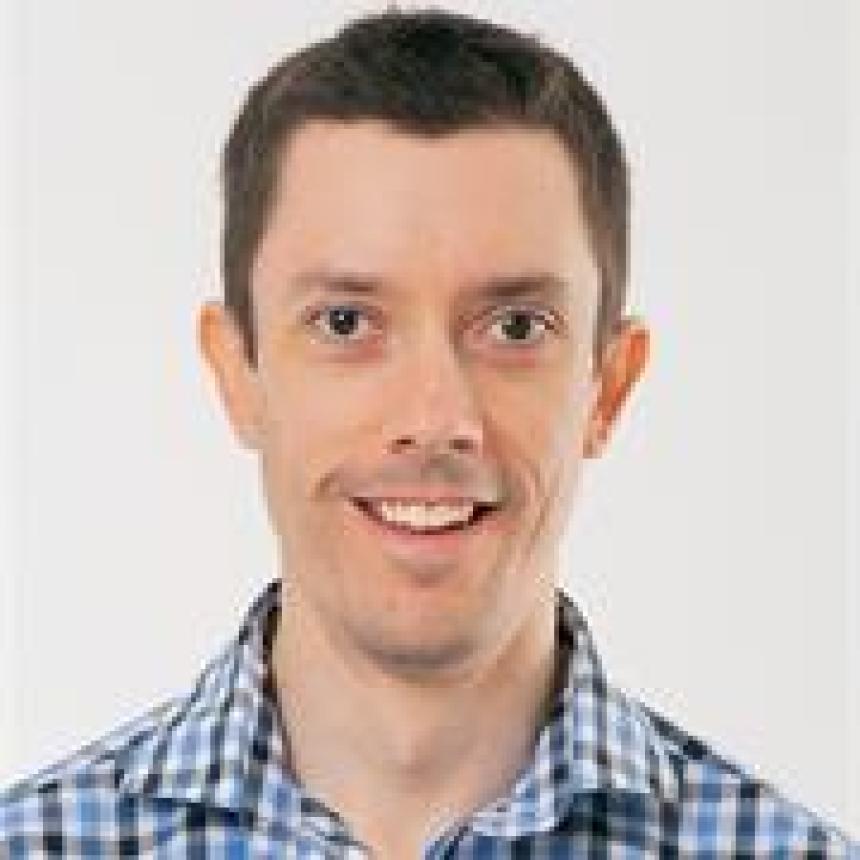Dr Mark Bunting
Grant-Funded Researcher (B)
SAIGENCI
College of Health
Eligible to supervise Masters and PhD - email supervisor to discuss availability.
Dr. Mark Bunting is a post-doctoral researcher in the Hormone Dependent Cancers Laboratory at the South Australian immunoGENomics Cancer Institute (SAiGENCI). The lab is directed by Prof. Christopher Sweeney.Dr. Mark Bunting completed his Ph.D. in Immunology at the University of Adelaide in 2012. He then joined the lab of Prof. Geoff Hill at the QIMR Berghofer Medical Research Institute in Brisbane, Australia studying the role of mucosal associated invariant T cells (MAIT) and natural killer cells in graft-versus-host disease and leukemia preclinical models. He then undertook a second post-doctoral position in the lab of Assistant Prof. Shawn Demehri at the Massachusetts General Hospital & Harvard Medical School in Boston, USA. Here he researched the role of natural killer cells in solid organ transplantation and skin cancer preclinical models. In 2019 he moved back to Adelaide and joined the Genome Editing Laboratory to explore the use of CRISPR/Cas9 for genome editing.Dr. Bunting's current research at SAiGENCI in the lab of Prof. Christopher Sweeney is focused on expanding our understanding of breast cancer pathogenesis, driven by hyper-activation of NF-kB and loss of tristetraprolin, TTP. Dysregulation of NF-kB and TTP can result in the advancement of aggressive tumours that acquire therapy resistance. The lab is also developing NF-kB-specific inhibitors, to be used in combination with current standard-of-care therapies, that are undergoing preclinical testing using in vitro and in vivo models to determine if these block tumour-promoting pathways and represent a new treatment option for patients with breast cancer.
My research is focused on expanding our understanding of how aggressive types of breast cancer develop and the ways in which these tumours can become resistant to clinical therapies. A key protein involved in these processes is called Nuclear Factor-kappa B. It is commonly overactive in breast tumours, which can be the result of reduced levels of a second protein, tristetraprolin, that normally restrains the activity of Nuclear Factor-kappa B. When Nuclear Factor-kappa B levels go unchecked in the tumour it enhances the ability of the cancer cells to divide and their ability to overcome treatments designed to stop the cancer. We are studying why the balance of Nuclear Factor-kappa B and tristetraprolin becomes disrupted specifically in breast cancer and not healthy breast tissue. The lab is also developing a new drug to block the activity of Nuclear Factor-kappa B and are studying how it can prevent tumour-promoting features within breast cancer cells. Our ultimate goal is to help those patients where existing targeted therapies are not effective or stop being effective over time so that the quality of life and survival of these individuals are improved.
| Date | Institution name | Country | Title |
|---|---|---|---|
| 2008 - 2012 | University of Adelaide | Australia | Doctor of Philosophy (Immunology) |
| 2007 - 2007 | University of Adelaide | Australia | B.Sc. (Honours) |
| 2004 - 2006 | University of Adelaide | Australia | Bachelor of Science (Biomedical Science) |
| Year | Citation |
|---|---|
| 2012 | Comerford, I., Bunting, M. D., & McColl, S. R. (2012). CCX-CKR deficiency alters thymic stroma impairing thymocyte development and promoting autoimmunity. Poster session presented at the meeting of IMMUNOLOGY. Glasgow, SCOTLAND: WILEY-BLACKWELL. |
2023 - FHMS Early Grant Development Award.
2024-2025 - Tour de Cure Pioneering Research Grant.
| Date | Role | Research Topic | Program | Degree Type | Student Load | Student Name |
|---|---|---|---|---|---|---|
| 2025 | Co-Supervisor | To identify biomarkers of patient response to CAR-T cell therapy | Doctor of Philosophy | Doctorate | Full Time | Mr Ryan U Theen Chin |
| 2025 | Principal Supervisor | Advancing treatment options for triple-negative breast cancer through NF-kB inhibition | Doctor of Philosophy | Doctorate | Full Time | Miss Huimin Shao |
| 2025 | Principal Supervisor | Investigating the role of the extracellular matrix protein complex FRAS1/FREM2 on the metastatic progression of breast and prostate cancer | Doctor of Philosophy | Doctorate | Full Time | Ms Christina Jos . |
| Date | Role | Research Topic | Location | Program | Supervision Type | Student Load | Student Name |
|---|---|---|---|---|---|---|---|
| 2025 - 2025 | Principal Supervisor | Advancing treatment for therapy-resistant hormone receptor positive breast cancer through NF-kappa B inhibition | The University of Adelaide | - | Honours | Full Time | Amy Denton |
| 2024 - 2025 | Principal Supervisor | Investigating the role of the extracellular matrix proteins FRAS1 and FREM2 on the metastatic progression of breast and prostate cancer. | The University of Adelaide | - | Master | Full Time | Christina Jos |
| Date | Role | Committee | Institution | Country |
|---|---|---|---|---|
| 2023 - ongoing | Member | Institutional Biosafety Committee | The University of Adelaide | Australia |




